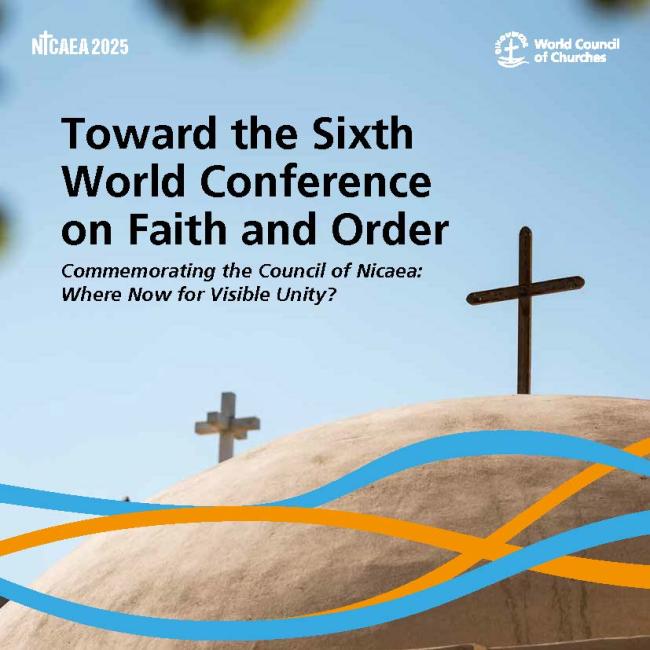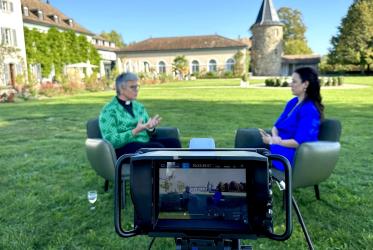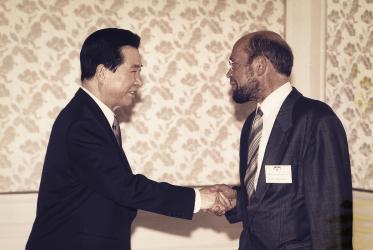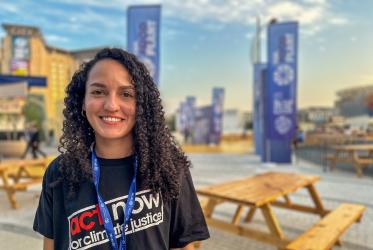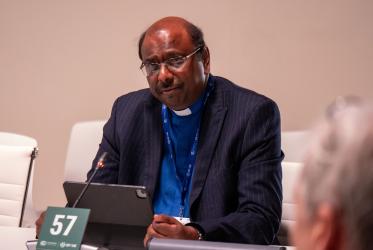Displaying 21 - 40 of 452
Welcome to the Ecumenical Centre
24 February 2024
Toward the Sixth World Conference on Faith and Order
Commemorating the Council of Nicaea: Where Now for Visible Unity?
24 February 2024
What can churches do to prevent modern slavery?
22 February 2024
Ellyanne Chlystun-Githae Wanjiku to COP28: “listen more to children”
13 December 2023
At COP28, WCC general secretary hopes for “less talk and more walk”
01 December 2023
Towards a Global Vision of the Church, Volume II
Explorations on Global Christianity and Ecclesiology, Faith and Order Paper 239
27 November 2023


